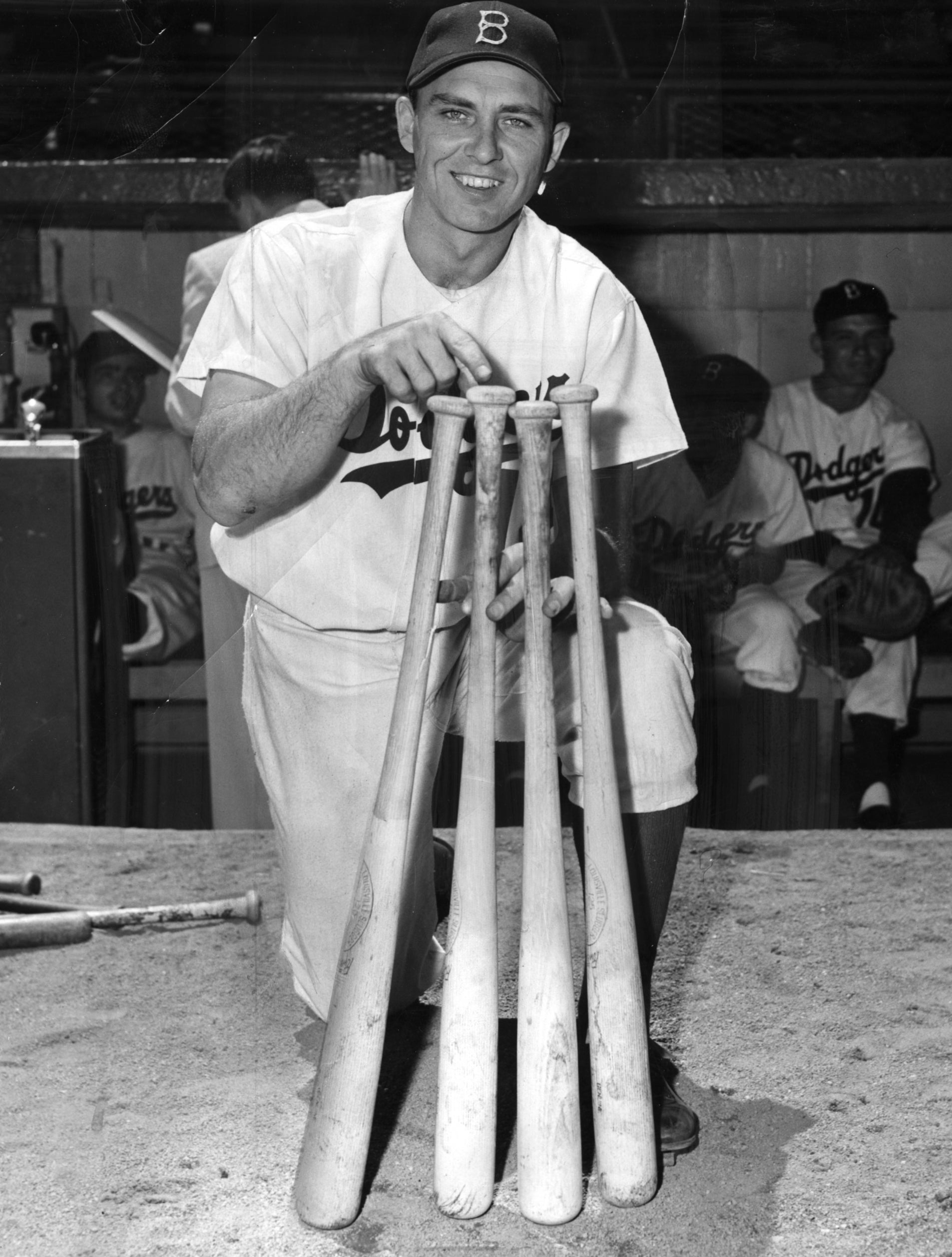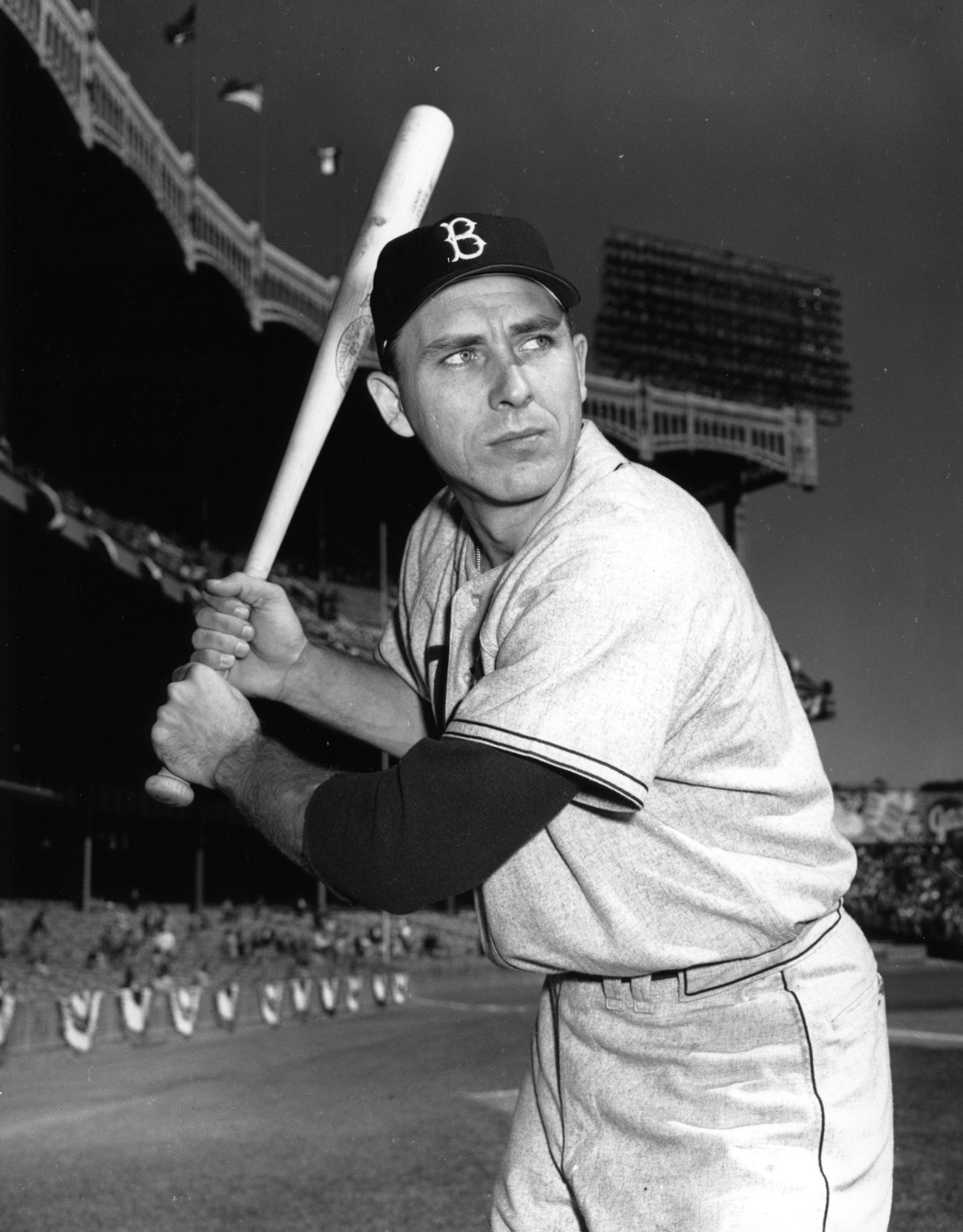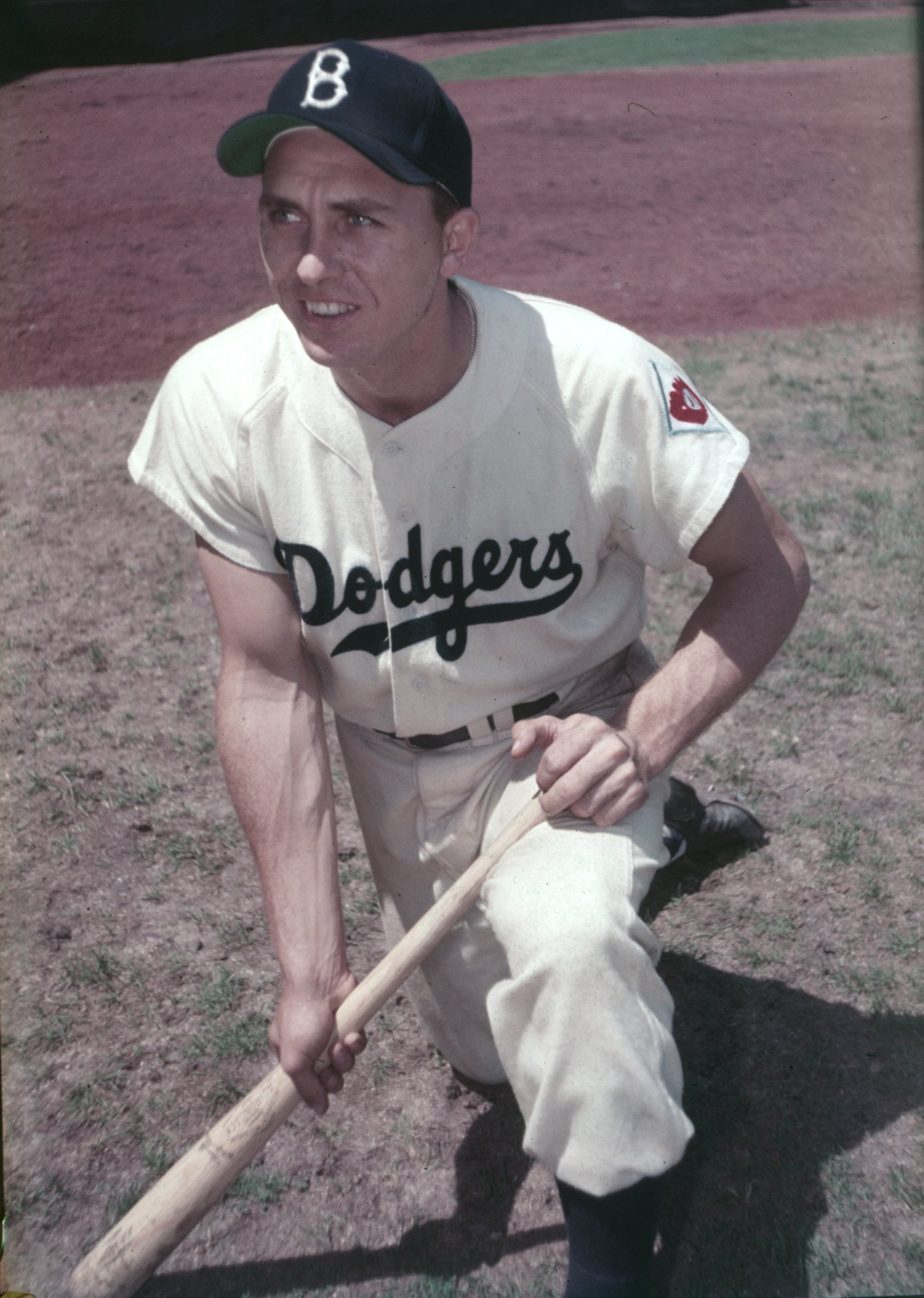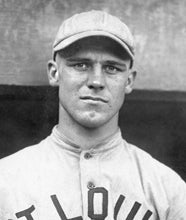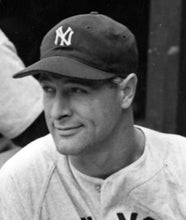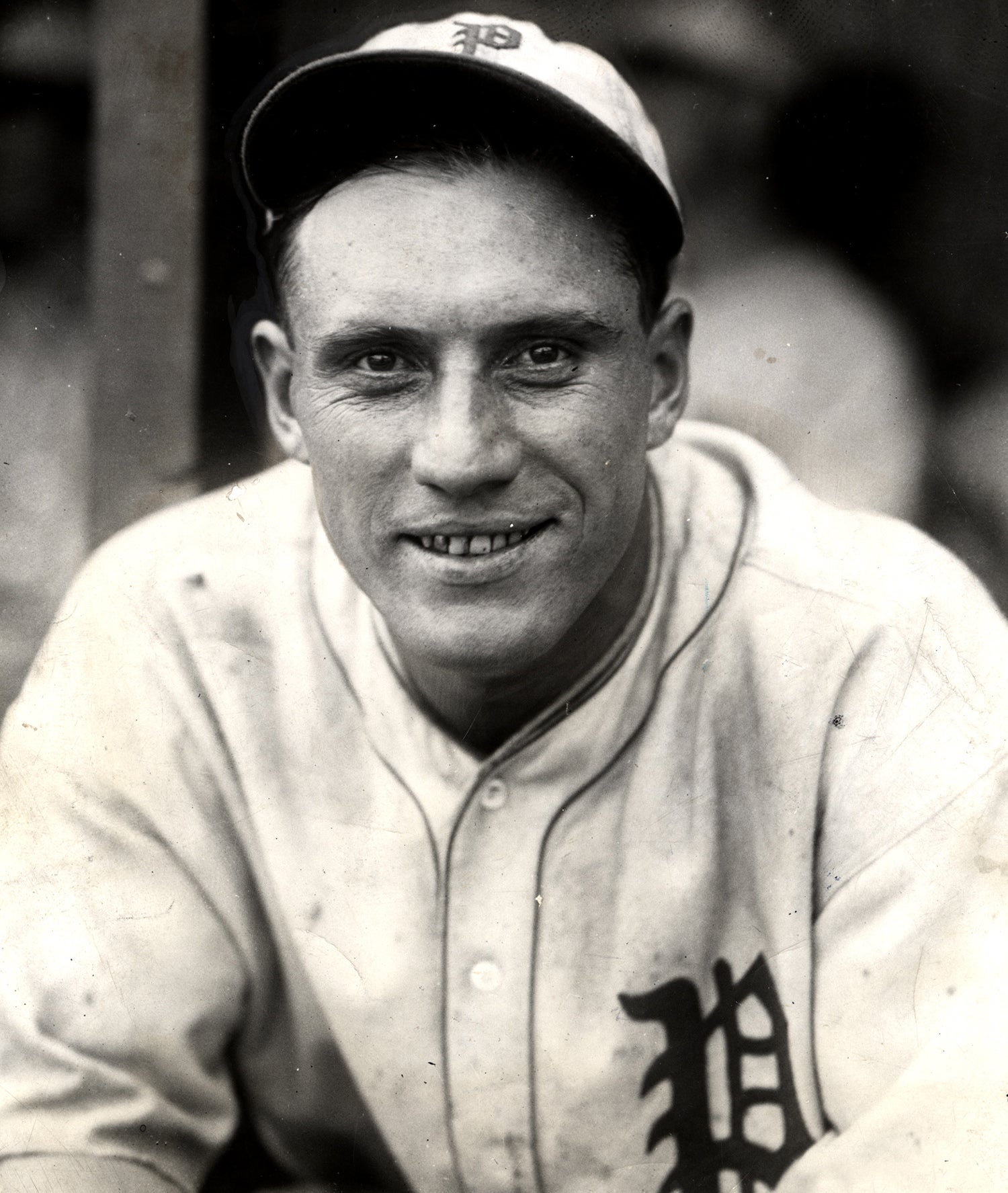- Home
- Our Stories
- Hodges’ 300th homer puts him in rare company
Hodges’ 300th homer puts him in rare company
Gil Hodges was one of the premier power hitters in Major League Baseball during the 1950s.
On April 23, 1958, Hodges would cement his place in the entire history of baseball by becoming the seventh player in National League history to hit 300 career home runs.
In the seventh inning of a game against the Chicago Cubs, Hodges would step up to the plate and send a pitch from pitcher Dick Drott over the fence.
“I wouldn’t be honest if I didn’t say I always got a thrill out of hitting a home run,” Hodges told Evansville Press after the game. “There was an extra thrill in getting my 300th.”
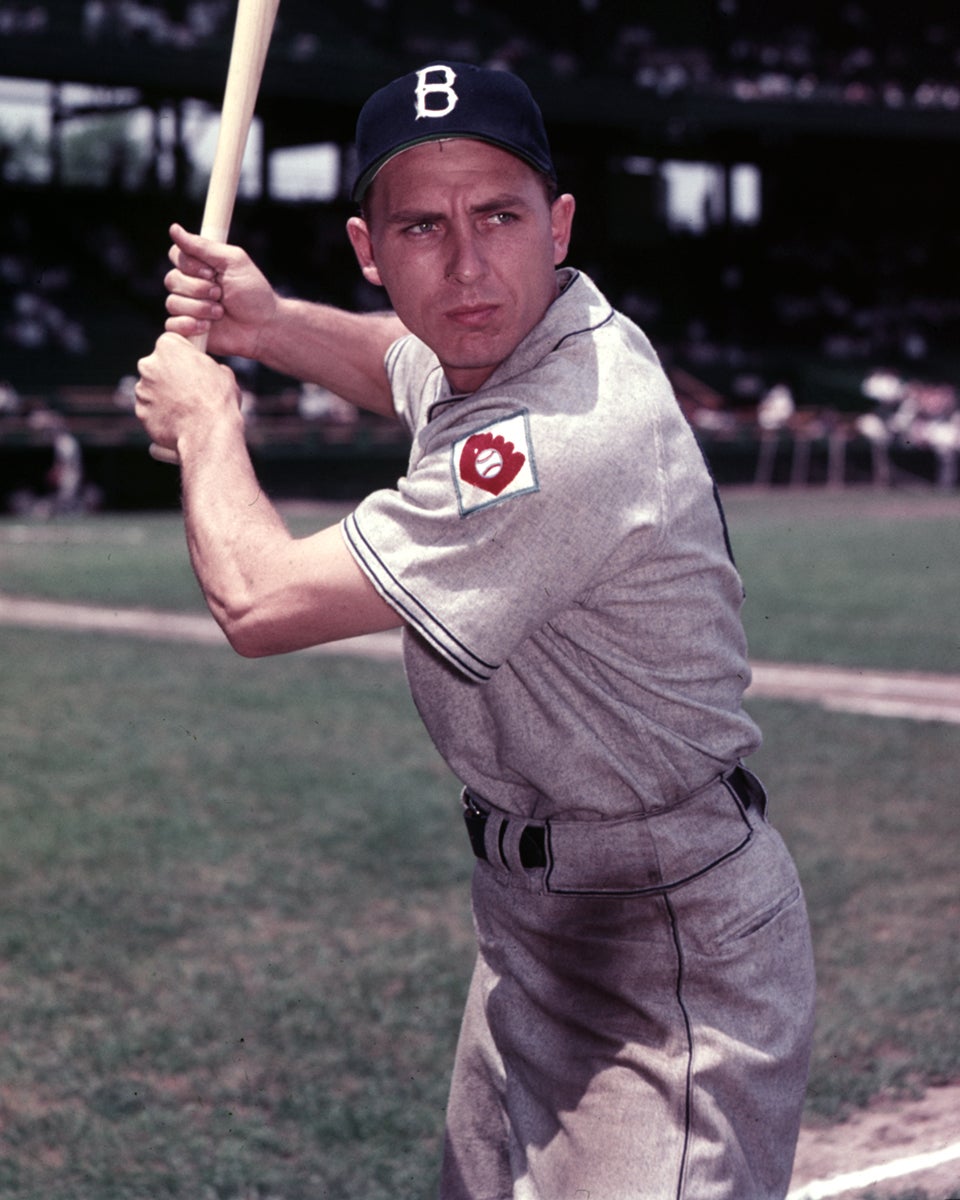
Originally signing with the Brooklyn Dodgers in 1943, in which he only made one appearance at the major league level, Hodges would take a two-year leave of absence from baseball to serve in the Marine Corps.
Returning to Brooklyn in 1946, he would be sent to play for the Newport News Dodgers of the Class B Piedmont League. It was during his tenure with the team that Hodges would transition to the catching position from the infield.
After a successful season in Newport in which he hit .278 with eight home runs, Hodges would eventually make the major league team following Spring Training in 1947. Hodges would not see much playing time that season, only making an appearance in 28 games.
On June 18 of that year, Hodges would hit his very first major league home run in a game against the Chicago Cubs.
Hodges would eventually transition back to primarily being an infielder the following season, finding his spot at first base after showing great skill with his glove.
“Here is a young fellow of great aptitude who could be a fine catcher, infielder or practically any position he wants to master,” said Hall of Famer George Sisler, talking about the defensive proficiency that Hodges possessed. “He has particularly great hands."
As stellar as Hodges was in the field, he also produced with his bat. Starting in 1949, Hodges would produce a 20-plus home run season for 11 straight years, with his best year coming in 1954 when he would hit 42.
On Aug. 31, 1950, Hodges would have the performance of a lifetime, becoming one of 18 players in MLB history to hit four home runs in a single game, joining legends such as Lou Gehrig and Chuck Klein.
“I’m mighty proud to be mentioned with Gehrig,” Hodges told Evansville Press when asked about his initial reactions to the game. “This is something that just happens once in a lifetime.”
Hodges would end his career with 370 home runs, the third-most all time for right handers at the time, eight All-Star selections and three Gold Glove Awards, along with two World Series titles.
Hodges passed away on April 2, 1972, from a heart attack at the age of 47. He would be inducted into the Hall of Fame in 2022.
Aidan Shephard was an intern in the Jim Murray Sports Communications Scholars Program at the National Baseball Hall of Fame and Museum

